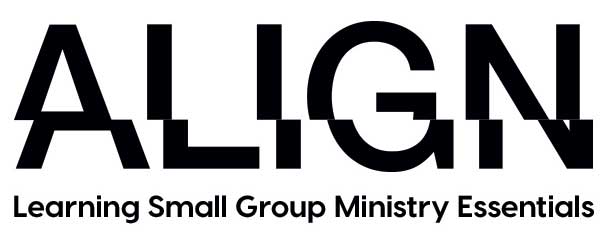
8 HD video session taught by Steve Gladen
A downloadable workbook
Lesson discussion questions
An official Small Group Network completion certificate
A special gift to help further your Small Group Ministry
Learn more by watching the free course introduction & ENROLL HERE!
Over the previous several months, communities and cultures have been overturned as they learn to operate with a brand new set of realities and rules. It is clear that each country, region, and even city has reacted vastly different from each other. Despite the differences, there are some common practices that we, as small group point people, can implement to continue our focus on Christ-centered community in our contexts.
Embrace Technology
Many businesses and organizations have been forced to adopt some sort of “work from home” model, whether in the short term or for an extended period of time. This standard has opened doors for new opportunities to train point people via video conferencing, recorded teachings, or other digital platforms. As individuals come forward with group ideas or questions, use these tools to the fullest to empower each person to move forward in their calling to community.
Check out Reid Smith’s great insight for Training How-To’s.
Fight for Clarity
The infancy stages of a new group are so important to the group’s lifespan and effectiveness. Create a clear path for success. Show what success looks like, how it is achieved and equip each leader with group resources that enable them to win. Within this process, it is wise to illustrate to leaders the differences that are being seen by groups across your church community and even the world. The goal is to give the most complete and clear picture for a group host or leader to understand.
Follow Up… Frequently
When it comes to normal communication, it is difficult to be over the top in communication with group hosts or leaders in the first place. There is not the typical volunteer cultures and large group gathering times that one would experience with youth, music, or kids departments. Now that churches are even more spread out and extended, communication cannot be overdone with new group leaders. Follow up frequently in the first 30-90 days. Follow up personally, use other leaders or hosts, and use any coaching system you may have in place. Adopt the 70-30 rule and emphasize 70% of your time to caring for the person and the remaining 30% on the actual group efforts.
Create Community
This practice will look different for everyone. Take the needed steps you can to ensure that group hosts are not falling through the cracks and slipping into isolation. This is a growing epidemic and a primary function of groups is to combat loneliness and to meet the needs of our created, relational aspects of humanity. Some leaders may be fine, while others need an extra “touch.” As you are able, create moments of community digitally, in person, or a hybrid of the two. Love on your people.
Check out Jackie Van Hook’s creative insight for Fostering Connections.
This time is so essential to continually strengthen and grow small groups within the local church. Growth will look and be measured differently in each context, but it will not occur without some new faces being added to one’s ministry. Use these practices to onboard your group hosts or leaders and be blessed as you impact the kingdom of God.
Author
-
JT is the Small Groups Pastor at Stevens Creek Church in Augusta, GA. He enjoys connecting families with others and the local church. When he is away from the desk, he enjoys being with his family and all things basketball.
View all posts





